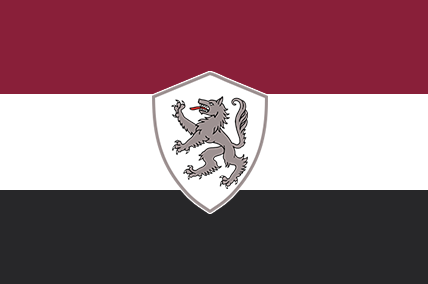Jugoslav people tend to have a given name and a surname. Middle names are rare, and legally treated as second parts a given name.
Given names are typically chosen from Orthodox Christian saints. While families will share a patron saint (a family Slava), they will typically also take a personal saint of their name. The most common origins of given names are
Male
1. Ivan/Jovan/Јohan(Иван/Јован/Јохан): All variations of John, whether referring to the Baptist, the Evangelist, Chrysostom, or another.
2. Đorđe(Ђорђе): The Great Martyr St. George. Very popular due to the prominence of the Saint and importance to the military tradition, as well as it being the name of recent Emperors. Technically the most popular single name (in terms of spelling)
3. Mateja/Matija(Матеја/Матија): Both variations of Matthew or Mathias (A name given to two Apostles: The Evangelist and the one chosen to replace Judas Iscariot among the Twelve in Acts), Matija was the leading variation for much of history, but the Mateja version, as well as the name in general, was popularized by the Royal Martyr Mateja I, Mateja II (the great), and Current Emperor Mateja IV
4. Nikola(Никола): St Nicholas is a very popular saint, and the name is also favored because of famed Jugoslav inventor Nikola Tesla.
Female:
1. Ana(Aна): The Righteous ancestor of God and mother of the Bogorodica (Virgin Mary), as well as of Mateja the Great's Empress-Consort
2. Marija(Марија): As with many Christian countries, the name of the Bogorodica, Mary Magdalene, Mary of Bethany, Mary of Egypt and more is very popular among women.
3. Katerina(Катерина): The Great Martyr St. Katherine.
4. Jovana(Јована): A female version of Jovan, it was popularized by the Empress-Consort Jovana, born in Italy, who did much to endear herself to the people during her husband's reign, which included World War Two.
Surnames in Jugoslav culture evolved from Patronymics (ending in ić, vić, and ović). While some, especially nobles, took a patronymic as a fixed inter-generational surname as early as 1018, for most commoners, fixed surnames were not formed until the registration of men for service in the War of 1720. Examples of Patronymic Names include Petrović (Петровић) or Peter's son, Popović (Поповић) or Priest's son, and even the Royal dynasty name Vojislavijević (Војиславијевић) meaning Son of Voјislav. There are some non-patronymic names, like Tesla(Тесла), Broz(Броз), and Vuk(Вук).







